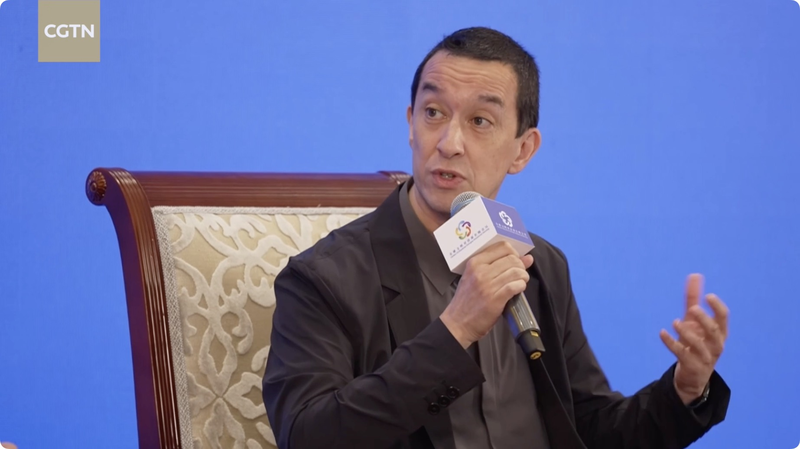At the Global Civilizations Dialogue Ministerial Meeting in Beijing, Colin Siyuan Chinnery, co-founder of the Sound Art Museum in Beijing, shared how digital tech is breaking boundaries in art. "Digital technologies have enabled new ways of creating museums, new ways of sharing information in creative ways, and also new forms of collaboration," he said.
Reimagining the Museum Experience
From virtual reality tours to augmented reality exhibits, museums are stepping beyond physical walls. Early adopters report up to 50% increases in visitor engagement as audiences interact with 3D soundscapes and immersive installations.
From Local Galleries to Global Platforms
Artists can now collaborate across continents in real time. Cloud-based studios and digital canvases connect creatives from Nairobi to São Paulo, allowing instant feedback and shared creations without geographic constraints.
Key Drivers of Digital Art Innovation
- Virtual Visits: Over 70% of major museums now offer online tours, making art accessible to new audiences.
- Interactive Storytelling: Data-driven installations use audience inputs to shape narratives in real time.
- Collaborative Projects: Open-source platforms enable thousands of contributors to co-create digital artworks.
The Road Ahead
As digital tools evolve – think AI-generated compositions and blockchain-backed art marketplaces – the creative possibilities are expanding. For young artists, entrepreneurs, and global audiences, this is just the beginning of a new era in cultural exchange.
Reference(s):
Digital tech empowers creative expression and collaboration: Artist
cgtn.com




